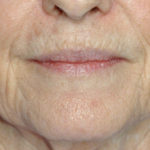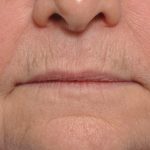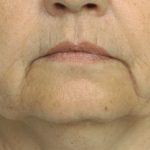One of the telltale and most bothersome signs for women as they age is the development of an aging or “old mouth”. Besides the lines and wrinkles that form in the surrounding skin, other anatomic changes occur that change its overall appearance. The upper lip begins to get longer and thinner. The drooping skin from above the lips forces the corners of the mouth to turn downward. As the corners turn downward, furrows extend from the corner of the mouth downward, known as marionette lines. The lower lip sags and the horizontal groove beneath it (labiomental sulcus) becomes more pronounced. The nasolabial folds or lip-cheek grooves, which bracket the mouth from above, become deeper.
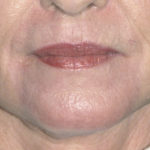
In some cases, the mouth or perioral area requires some surgical manipulation to get that more youthful look. There is a set of small but very effective mouth procedures that are more effective at lifting and upturning than any injectable filler alone. The goal here is to have fuller lips with a more even or horizontal smile line. These perioral rejuvenation procedures include lifts of the lip, corner of the mouth, and smile lines.
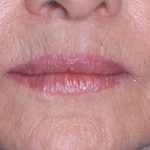
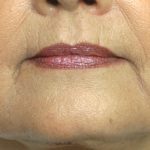
Just beyond the corner of the mouth can lie folds of skin which hang down. While it is tempting to think that this loose skin can be improved by a facelift, it usually is not. These ‘parachute’ folds of skin can be improved by direct excision of loose skin and fat in the lower portion of the nasolabial fold. This excision of skin places a small scar along the lower end of the nasolabial fold. It can also help with some minor lifting of the corners of the mouth as well.
Any direct excision of skin in the mouth area does result in scars. Patients have to be willing to accept that trade-off for the benefit of mouth rejuvenation effects. While most of these scars heal well and very indiscriminately, some may need revision or smoothing out later. In my Indianapolis plastic surgery experience, these small revision rates are most commonly needed for corner of the mouth lifts and about 10% to 15% of patients may benefit by them.
Dr. Barry Eppley
Indianapolis, Indiana



